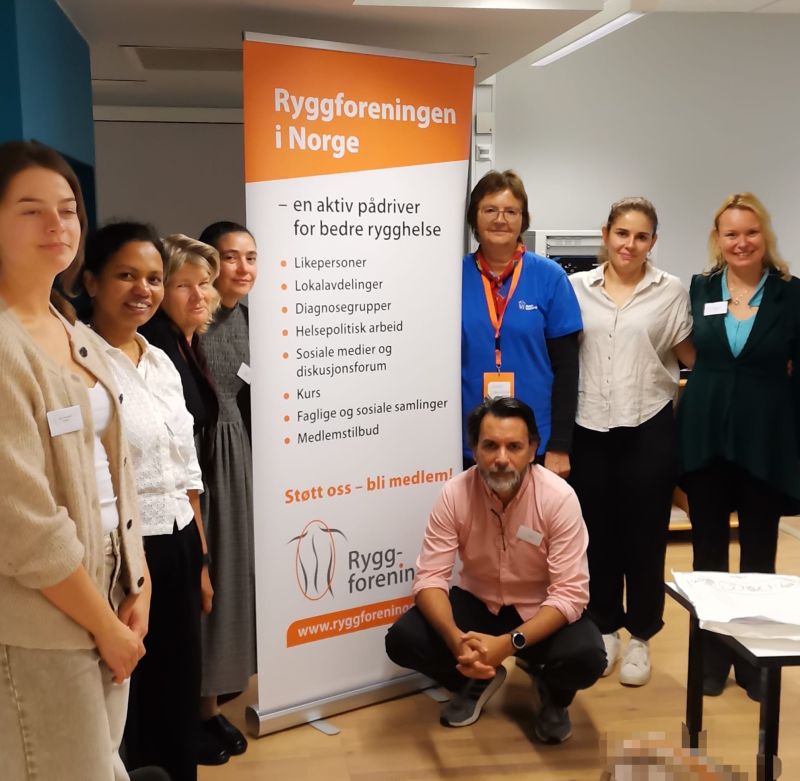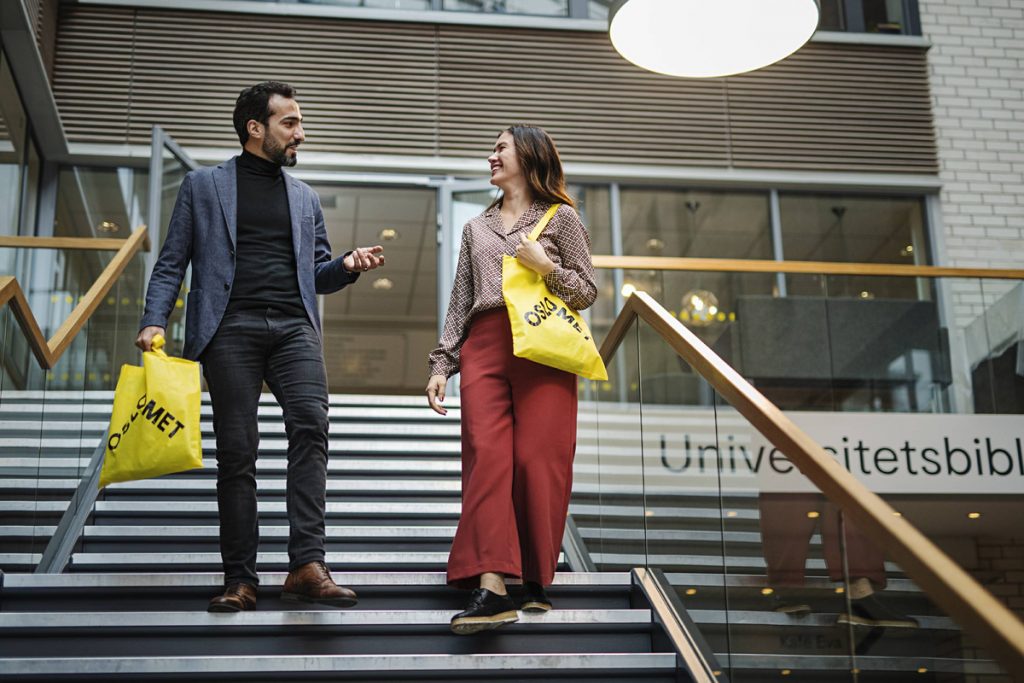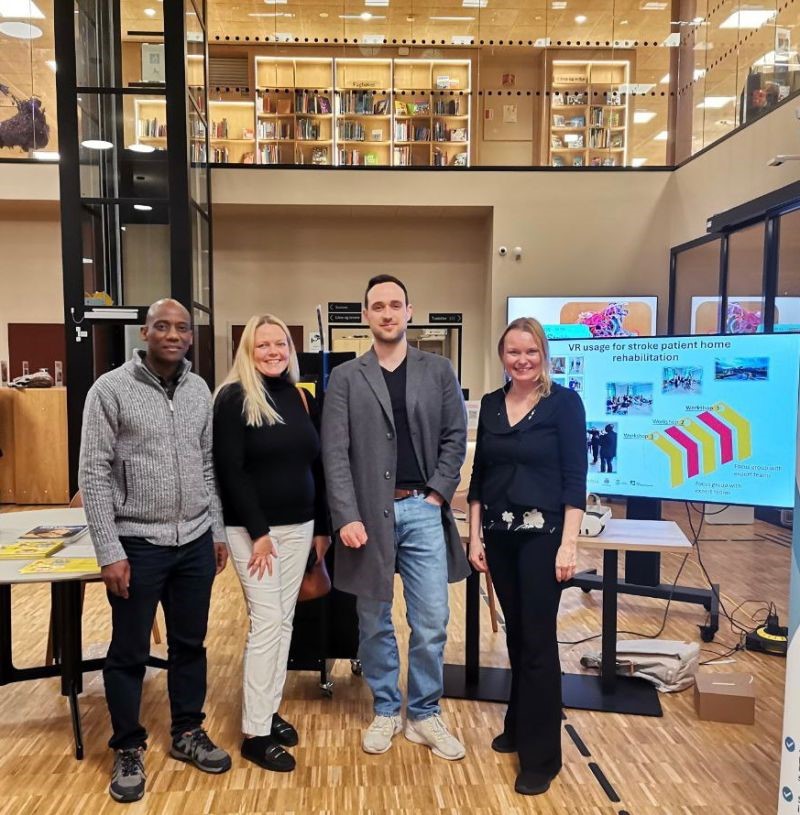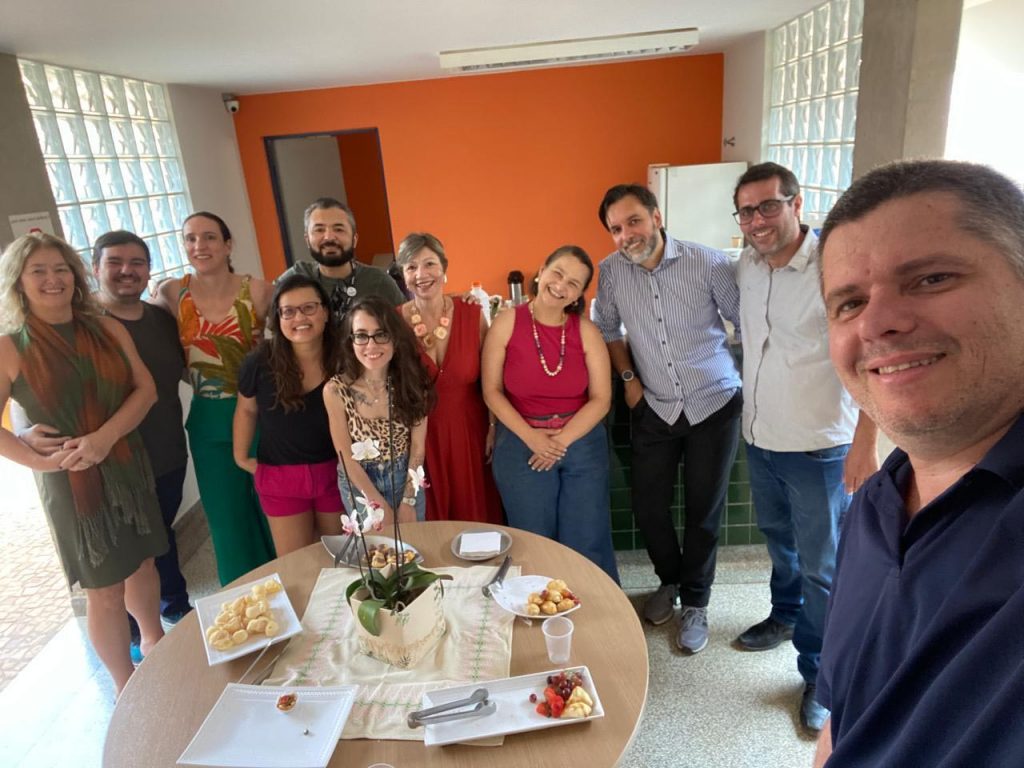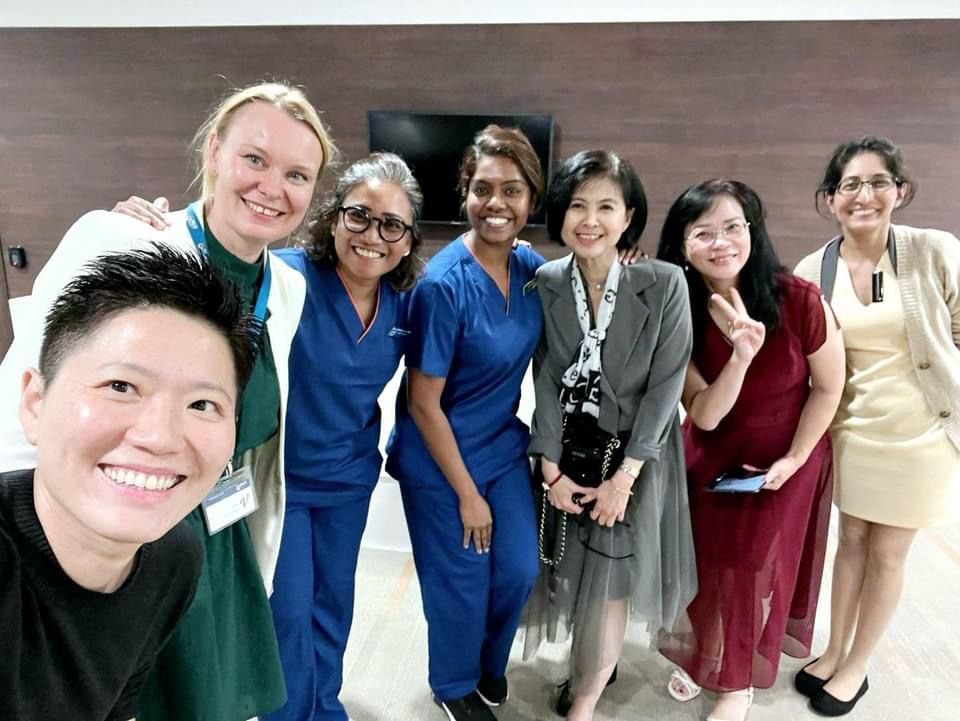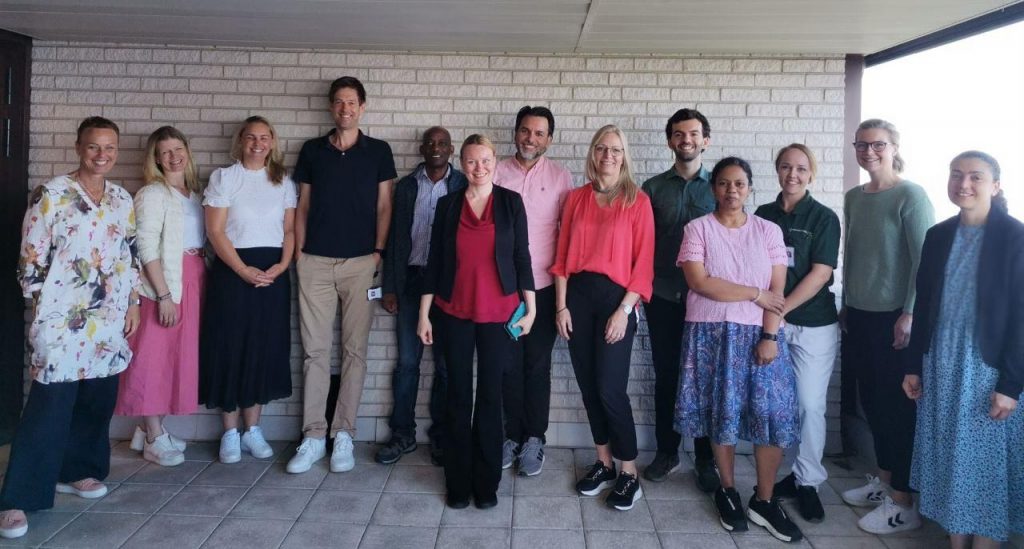Congratulations on your dissertation Mahmoud Mohamed
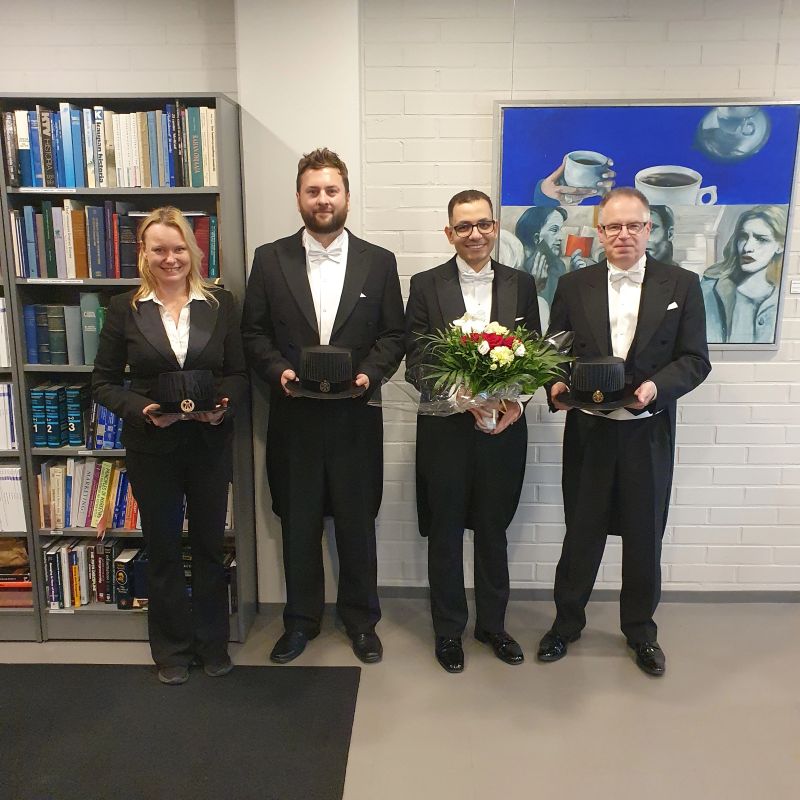
Congratulations to PhD student Mahmoud Mohamed from the Martti Ahtisaari Institute on successfully defending his doctoral thesis on Digital Platform Entry into Healthcare! This milestone highlights Mahmoud’s dedication and groundbreaking research in a field that is shaping the future of healthcare innovation. A special thank you goes to Professor Dominic Chalmers for serving as the opponent and providing valuable insights during the defense, as well as to Professor Petri Ahokangas, the main supervisor, for his unwavering guidance and support throughout this journey. This achievement is a testament to the power of collaboration and academic excellence—well done, Mahmoud!
